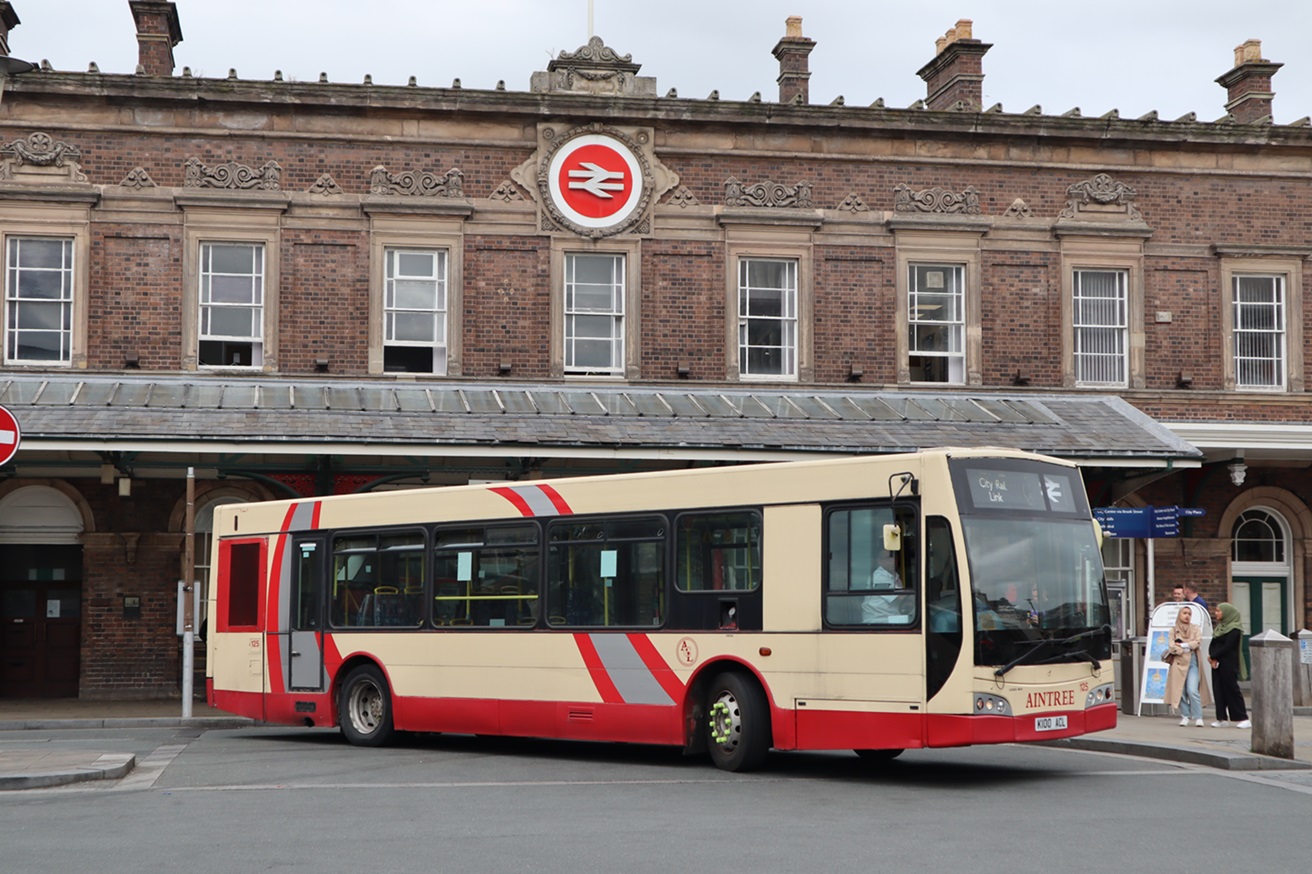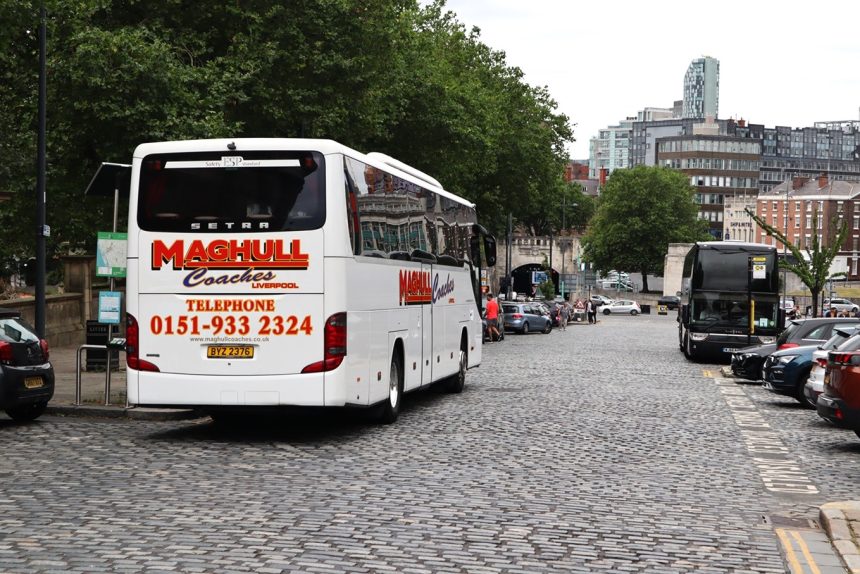Coaches and coach services must be prominent in the future Integrated National Transport Strategy (INTS) for England, including via exemption from Clean Air Zones, scope to use bus lanes by default, and a requirement upon local transport authorities (LTAs) to consider the mode in planning decisions.
That is laid down in a submission by the Confederation of Passenger Transport (CPT) to a call for evidence (CfE) on development of the strategy. In January, Under-Secretary of State for Transport Simon Lightwood urged the coach industry to participate in the CfE.
The Confederation also wants the INTS to ensure integration of bus services into planning and that car dependence is challenged when new developments and towns are created. Project Coral work around contactless multi-operator ticketing must be built on to ensure nationwide compatibility, CPT adds.
On an overarching basis, the trade body’s submission advocates a hierarchy of modes based on sustainability. Cycling and walking would be at the top, with public transport – including coaches and buses – immediately beneath.
Such a hierarchy would inform priorities on transport policy and public spending and give coaches and buses priority over cars on the road network, the Confederation says. It should sit alongside multi-year funding settlements for LTAs that would enable strategic planning and integration between coaches, buses, and other modes.
Obligations on LTAs specifically around coaches should grow under the INTS, the submission advocates. Those bodies ought to be required to consider set-down and pick-up locations and coach parking in local transport plans.
They must also be mandated to consider future opportunities to grow coach service provision. To undertake those tasks effectively, LTAs “should be required to collect data on the current and potential coach market in their area.”
In addition, national policy should permit coaches to use bus lanes by default unless there is a specific reason for exclusion on a particular route, the submission notes.

On Clean Air Zones, CPT wants a new class that allows councils to charge vehicles with a heavier pollution footprint while exempting coaches.
“The result of failing to include coaches within local transport plans is that [they] end up relegated to substandard facilities, the effect of which can be to depress passenger numbers and damage the image of coaches as a mode,” says the Confederation.
“Moreover, opportunities to reduce congestion and drive local economic growth are missed, and with coach passenger spending as much as £8.3 billion per year in local economies, growing patronage should be a local and national government priority.”
Chief Executive Graham Vidler calls coaches “the nation’s hidden public transport network,” noting that they routinely step in when other modes cannot deliver. “Too often, coaches have been left out of transport planning. It is time to put that right,” he says.
Bus services should also play a greater part in integrated transport, although CPT acknowledges how some good work has already been done there.
A bus-first approach to placemaking is sought, including steps to ensure that the promised 1.5 million new homes during this parliament are well-connected and integrated.
“Bus services are well positioned to support this endeavour and should be placed at the centre of planning and decision-making to ensure that all new homeowners and renters have access to reliable, regular services [that] will connect them with other transport modes such as rail, and reduce the necessity of car ownership,” the paper adds.



























